
Are You In Event Management? You Must Know About These Tech Advances
Of all the industries that have been reasonably able to move their businesses into remote or work-from-home situations, the event management industry has not been one of them.
In all but a few crucial sites, the business had all but ceased for operators and workers alike. With the recent rise in global demand for massive outdoor events, expos, sporting events, and more, the event management industry has enjoyed many wonderful opportunities for growth and has offered the public some of the most inspired and memorable moments with the Dubai Expo continually breaking down barriers in events, exciting times lay ahead.
But, as with every other industry that has suffered as a result of lockdowns and movement restrictions, there have been winners and there have been losers, and there is a growing trend towards the ‘winners circle’ for those who have embraced technological advances that keep events safe, secure and maximise earning potential. Wifi rental enables mass connectivity throughout event spaces, so keep that in mind when working through this post.
We’re going to look at a few of those and help you see where you can benefit too, and offer these ideas to your clients, creating the ultimate business-to-business solutions cycle.
The number 1 priority for all event managers has got to be the safety of attendees, and this is not limited to size, location, or country.
Everyone has the responsibility to ensure that festival-goers, conference delegates, or Expo visitors are safe and well cared for.
Here are 5 tech advances that can take your event to the next level.
1. Facial Recognition Improves Security
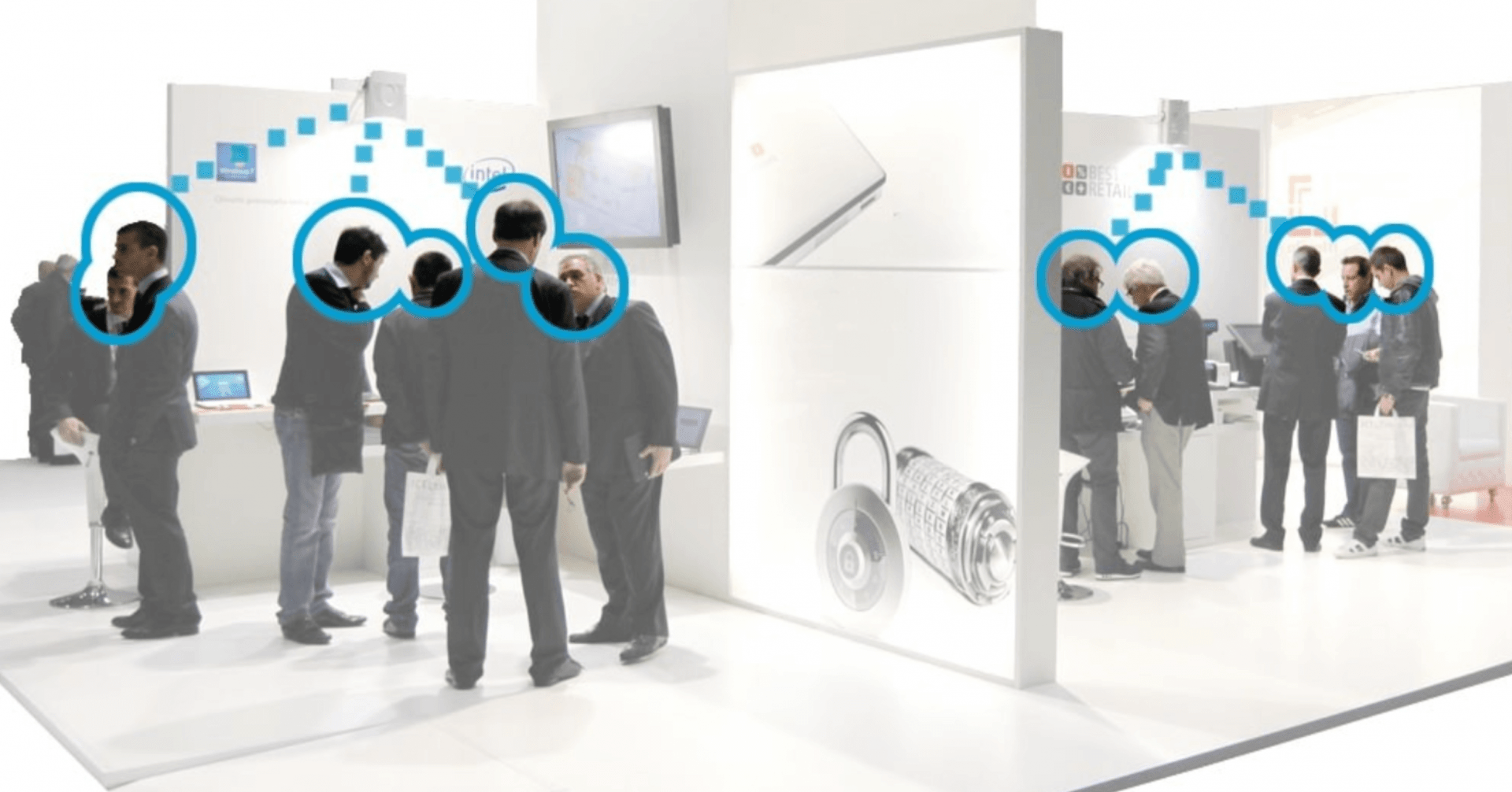
Although often viewed as controversial, this technology records the facial features of everyone attending the event, using photos that have been previously uploaded during the registration process. The scans identify delegates when they click into the event and each match automates personalised actions like printing badges, sending emails with drinks or food vouchers, and acting as an ‘acceptance’ function for terms and conditions, or - to issue a goody bag.
2. Augmented Reality Optimises The Overall Event Experience
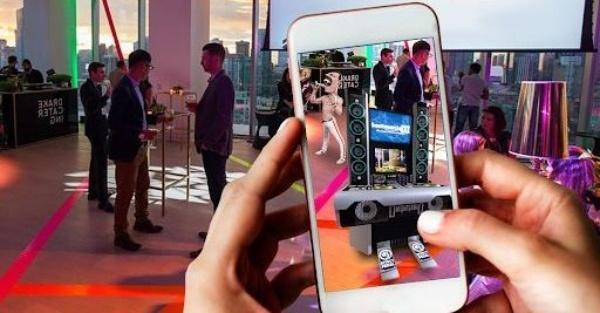
Augmented reality creates a real-life experience during events. This is especially true when hosting Expos, launches, or concerts, the overall experience of the event is what is going to determine the success or failure of the event. Delegates want premium seating options, elevated food and beverage venues, and easy payment solutions. What they also want are immersive, mind-blowing visuals.
So when event managers are looking to enhance the experience of their attendees, more are turning to projection mapping technology. This is an augmented reality technology that allows for videos, graphics, animation, and 3D images to engage entire sections of a show or event. Images can be focused onto any surface and these will turn just about any boring old spot in an energised location. It may sound like something from outer space, but augmented reality is even offering solutions to the chemical industry.
For festival-goers, this visual technology is an extremely efficient way to create dazzling optics that increase product activations and engagement, and the only imitations, our imaginations.
3. Mobile Applications Help to Inform Your Audience & Take Crucial Actions
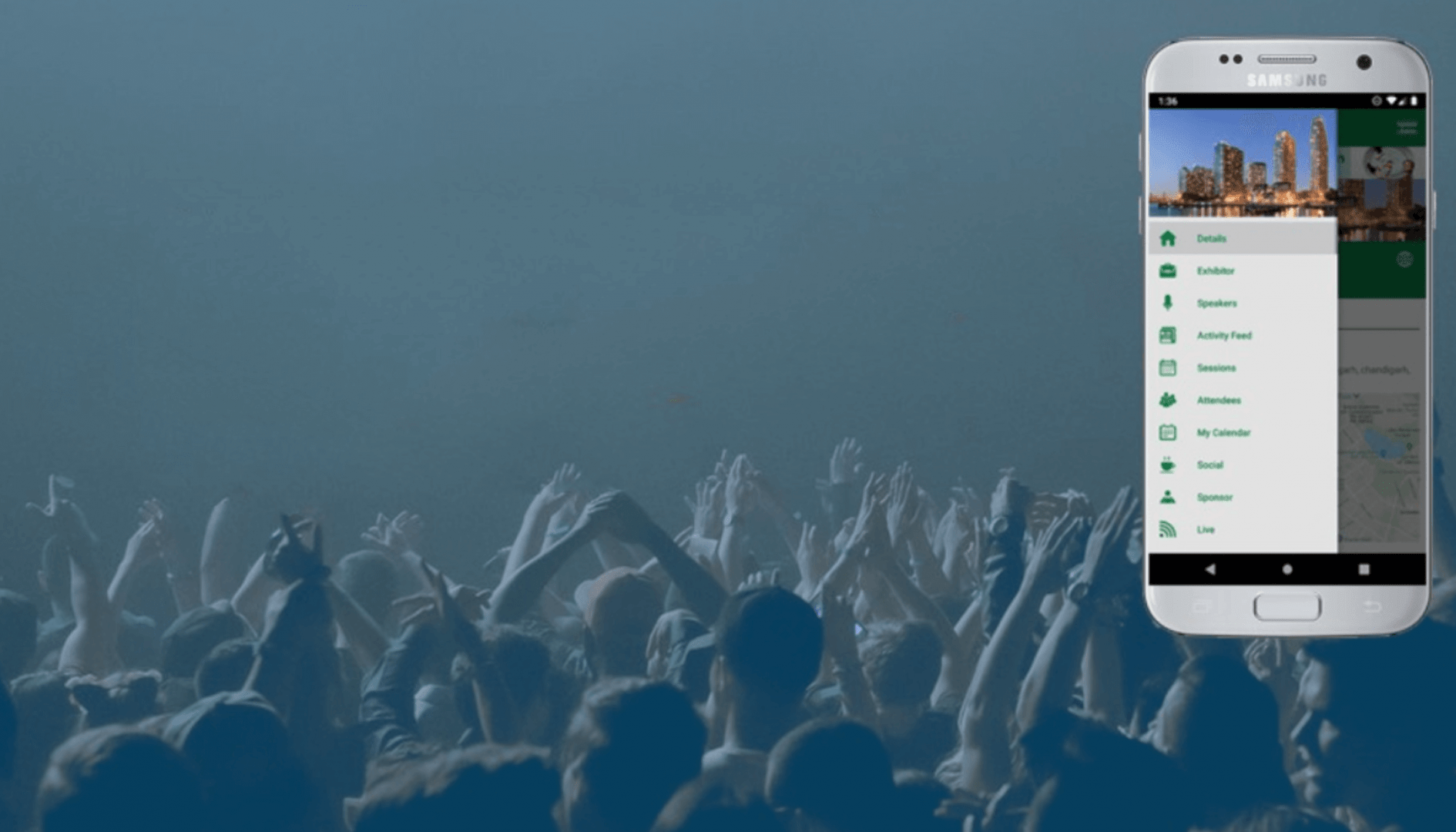
Using properly integrated apps add massive value to events that provide attendees with more opportunities to network and interact with peers, speakers, and exhibitors. Apps also offer emergency help buttons, access to additional information ‘buy now’ opportunities, or background information on speakers. For festivals and music events, groups of visitors activate contact and trace functions which means that they never have to lose each other in a crowd again, and with instant messaging apps, the sound of the music won’t be an issue when trying to communicate with someone.
Touchless payment solutions are also growing in popularity and demand at big outdoor events. Increased risks in credit card fraud and scamming have seen this demand increase, but with wearable discs or an app, this problem all but disappears. Users pre-register their credit card information or, preload spending amounts into a virtual wallet which can be topped up at any time. Presenting their phones or a QR code to complete a purchase is touch-free and virtually, risk-free too.
4. Event Mapping In 3D Brings More Eyes
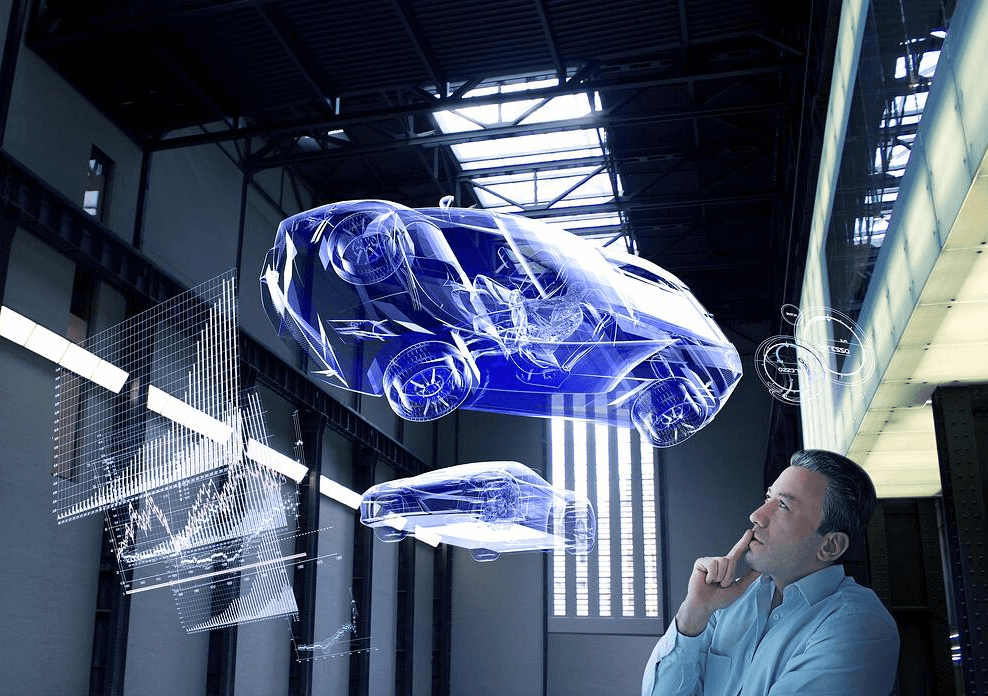
Even before the event starts, technology is making it easier to plan for the event too. New software enables managers and planners to ‘draw’ a 3D image of the event, as it remains essential to have a detailed idea of the layout of the event for security and safety reasons, but also to ensure effective and practical floor planning, seating, foot traffic forecasting, and potential bottleneck issues.
Stage planning is a big recipient of innovation here too. With these 3D planners, stage managers and builders can plan for lighting rigs, cabling lines, pyrotechnic planning, sound engineering, and more. The more detail the manager can think of, the better and these 3D plans are ideal ways to submit your event plan for final approval from local authorities and regulatory bodies as you can also show emergency exits, emergency plans, crowd control, location of fire extinguishers and medical suites, police or security locations, checkpoints and more.
5. Second Screen Technology Provides Exciting Opportunities
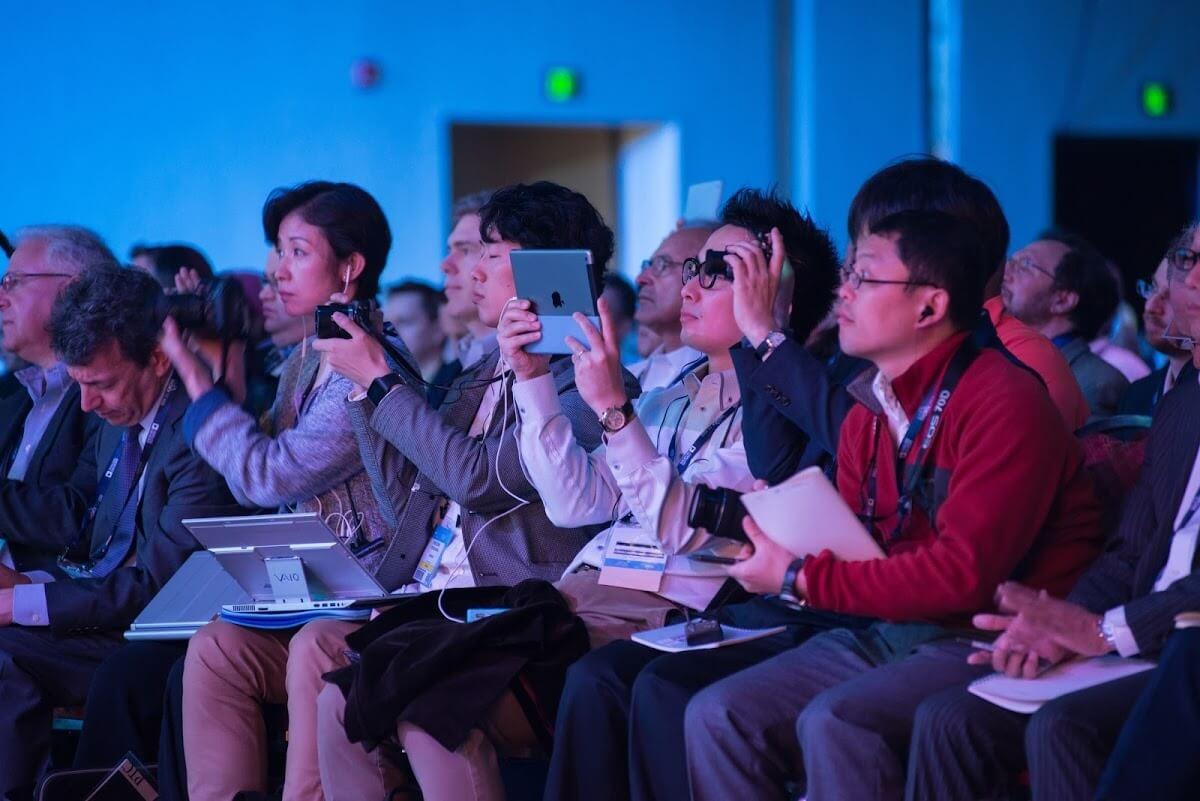
This technology is probably one of the most exciting developments for event managers and planners because it allows for greater saleability for planners when presenting ideas to potential clients. This is because the engagement factor of an event is significantly increased, offering greater opportunities for post-event follow-ups and sales.
Using smartphones and devices during meetings or presentations and launches, attendees can embrace the screen as an engagement tool. Any mobile device will work, and for those events where the host wants to increase access to learning, offer real-time product specs or ‘contact me’ functions, this technology is a Godsend. With varying degrees of attendee engagement, hosts can also use this data to determine interest levels, delegate behaviour patterns, etc.
Delegates can participate in slide presentations, take part in competitions, take notes and engage in real-time Q&A. They can opt to view videos, tables, and other interactive and online content.
Conclusion
There are so many exciting offerings that technology gives to event managers and planners, from wearable technology that activates certain functions when delegates get to certain areas, or enhancing security and safety, while it may yet take a time to get the industry back to pre-covid levels, technology offers solutions in sanitising and contact tracing too. Event managers can even set up rapid testing facilities at events and have these results recorded and sent to delegates as those results become available.
Trending
-
1 SEO Mistakes That Could Be Costing Your Shopify Store Sales
Daniel Hall -
2 Strategies for Safeguarding Assets and Investments
Daniel Hall -
3 The Role of PR Firms in Crisis Management and Damage Control
Nitish Mathur -
4 How to Make Appealing Visuals for Your E-commerce Store
Daniel Hall -
5 The Competitive Landscape of Low-Cost Carriers in Belgium: TUI Fly Belgium’s Position
Daniel Hall





Comments